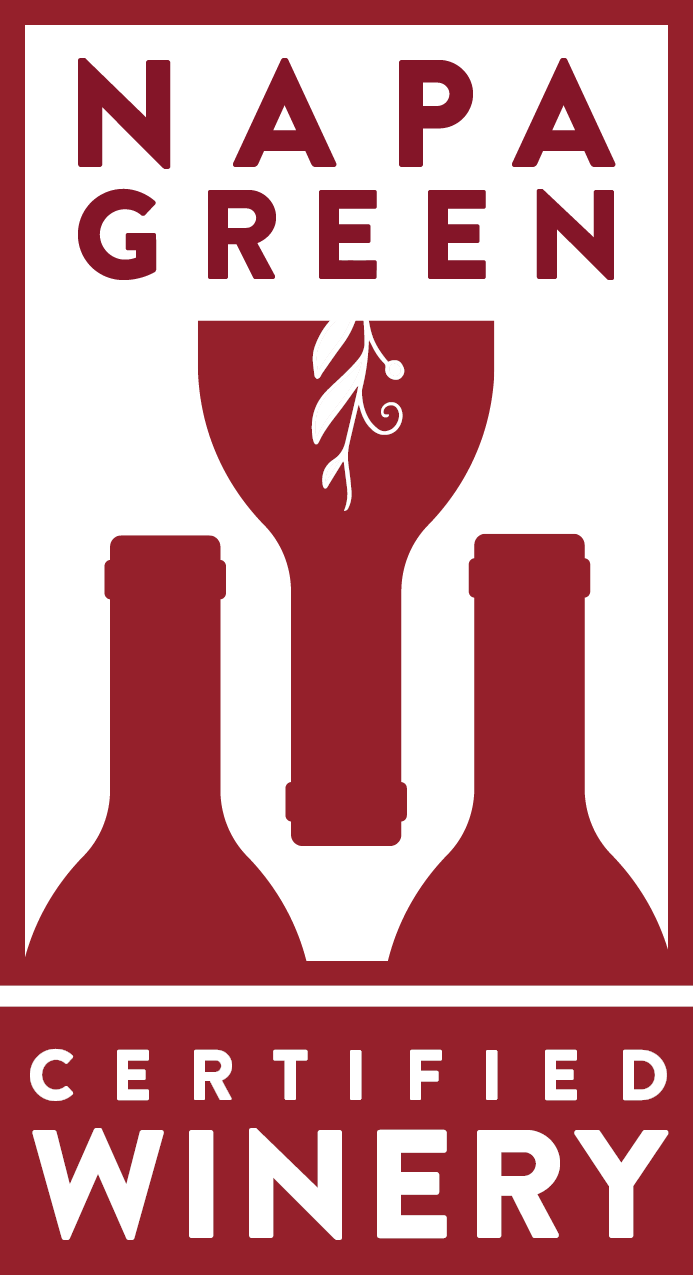At Far Niente, we are as passionate about the planet as we are our wines. Our commitment to sustainability is woven throughout our tapestry of soils, vines and grapes. From grape to glass, we ensure the utmost respect for our environment by minimizing our environmental impact and maximizing our roles as stewards of the land. For us, it’s just second nature.
We honor every season and every soil across our Napa Valley vineyards. From our production techniques to our daily business practices, we maintain our commitment to ethical winemaking. We feel an obligation to do our part through effective, sustainable measures.
From replanting our estate vineyard blocks with drought-resistant rootstocks to early soil cultivation, drought mitigation is essential to preserving - and improving - the health of the Napa Valley Subbasin. We need our aquifers to recharge each year to sustain their use. We try to minimize our water inputs that supplement the rainfall and provide natural soil moisture content. Processed winery water, tertiary water from the city and captured runoff are all sources that can minimize well-water reliance. We even utilize new technologies that measure vine-water demand, so we don’t over irrigate through the summer months. The overall goal is to improve the ratio of water used to wine produced.
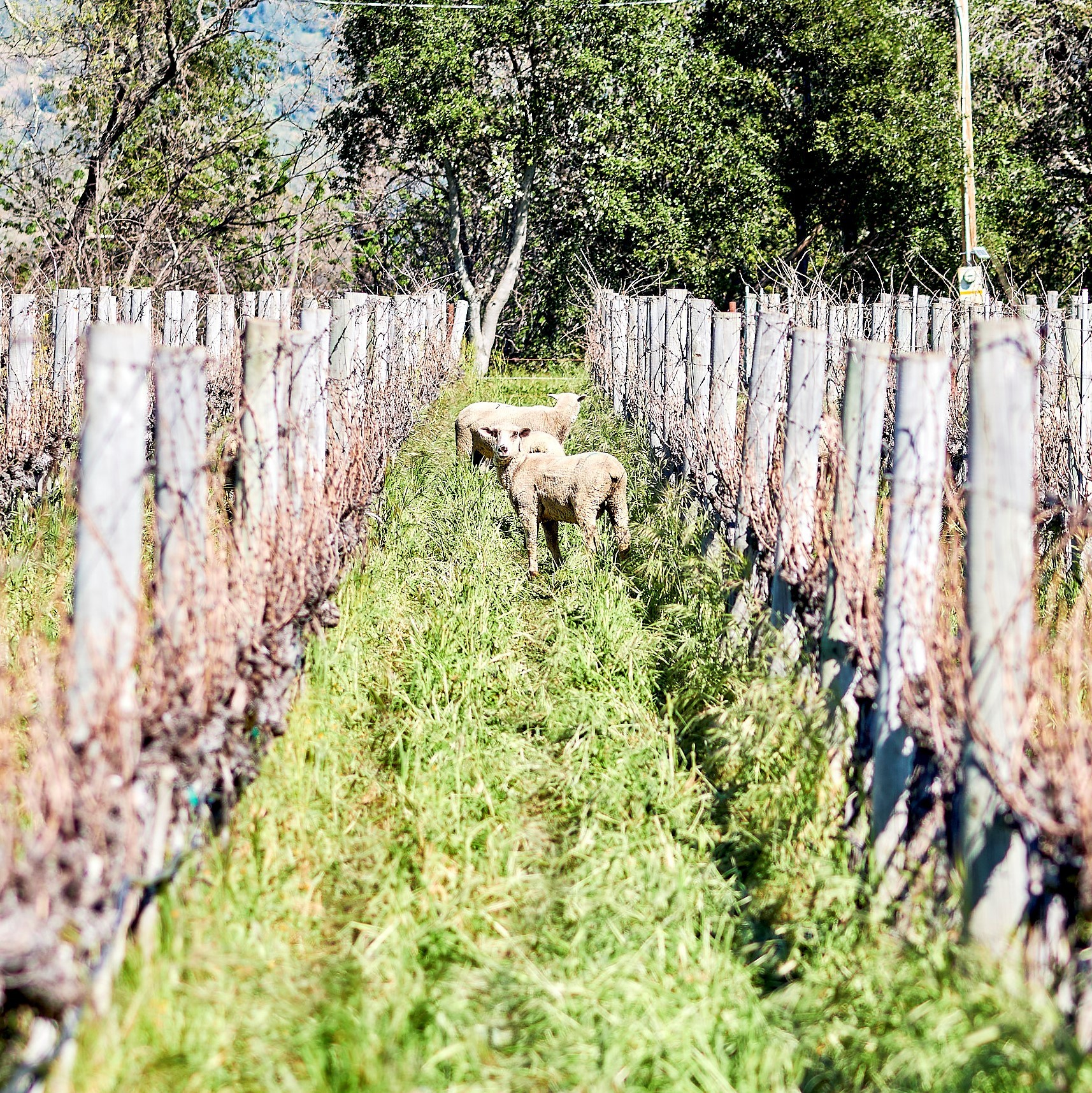
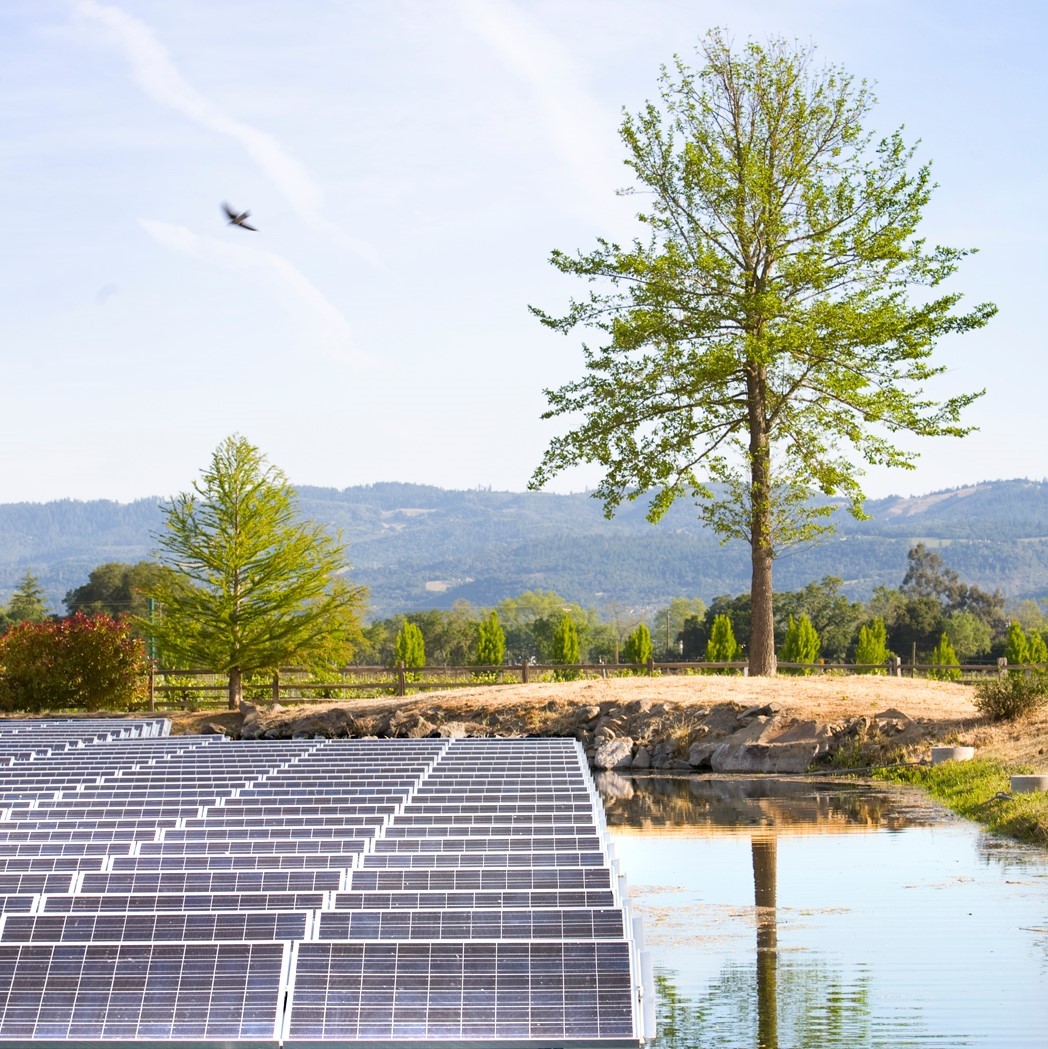
Switching to clean energy is a goal for all aspects of our day-to-day work. Efficient farming can relate to all agricultural activities, including avoiding peak hours of electrical energy usage and implementing multi-row mechanization to reduce tractor-drive time. Efficient farming has become part of the planning process and infrastructure of vineyard developments.
The winery also plans to remain net-zero users of electricity. In 2008 Far Niente installed the first Floatovoltaic™ solar-electric array in the world. “Floatovoltaic” refers to the innovative technology that allows nearly 1,000 solar panels to float on our vineyard pond, soak up the sun’s rays and convert that power to electricity. Combined with 1,300 panels on land adjacent to the pond, this electricity provides energy for everything on the property, from the lights and computers to the equipment used in the cellar. Nickel & Nickel's land-mounted solar panel system was installed and went live in 2007. Located in the Sullenger Vineyard, this 1,904-panel array generates 330 kilowatts at peak output, offsetting the winery's annual power usage and providing a net-zero energy bill.
Utilizing in-house licensed pest control advisors, we can sustainably control pests and mitigate the risks they pose. To ensure clean fruit is delivered to our winemaking team, we proactively tackle bio control efforts like predatory insect releases and insect mating disruption that will reduce or eliminate the need for reactive control measures. Rogueing vines that display symptoms of virus is now a common practice to ensure the health of our vineyards is maintained – this eliminates the source of spread, as insects can spread the virus within the vineyard! Minimizing chemical usage against pests (pathogens, weeds and insects) will improve the ecosystem and promote ecology from the ground up – a true representation of sustainability.
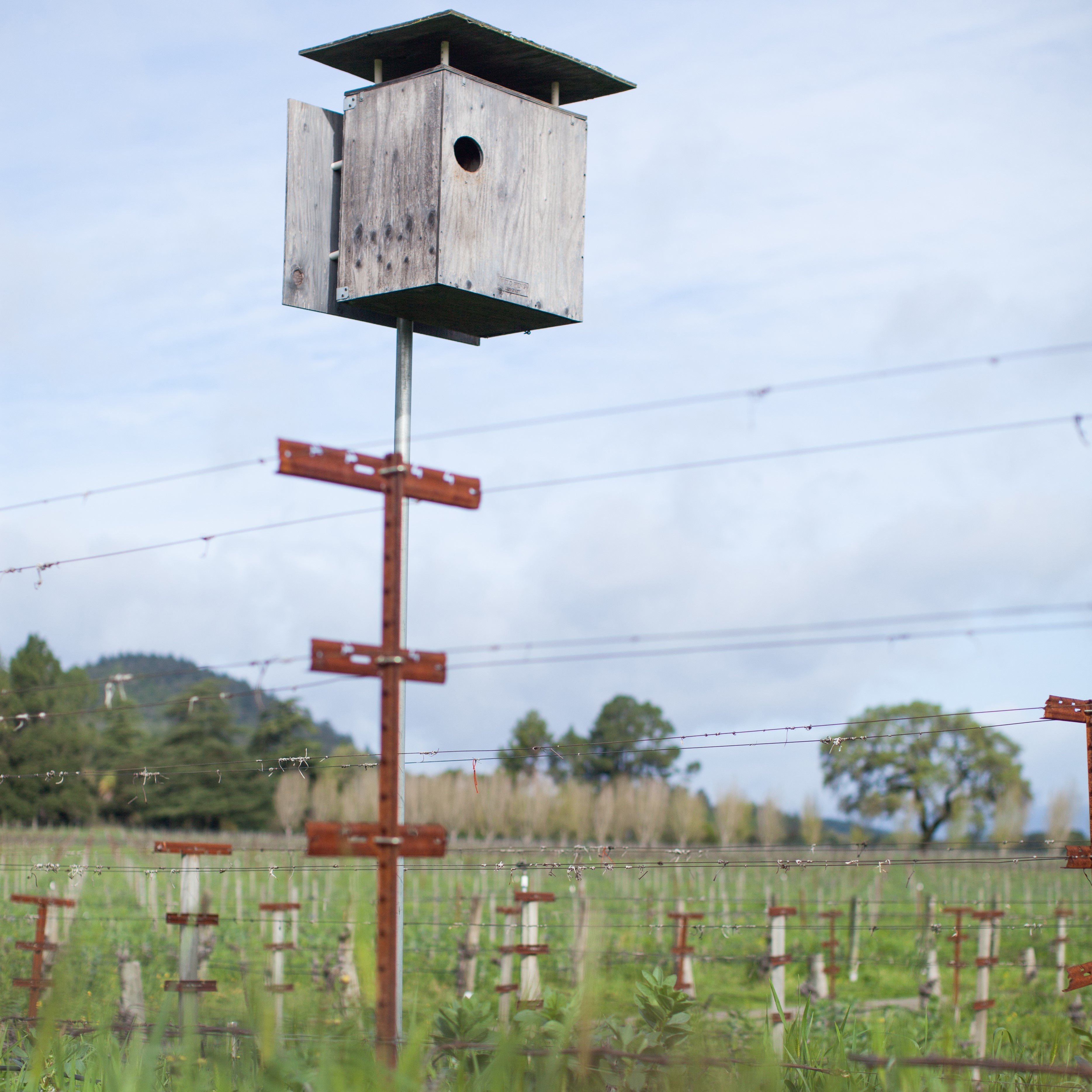
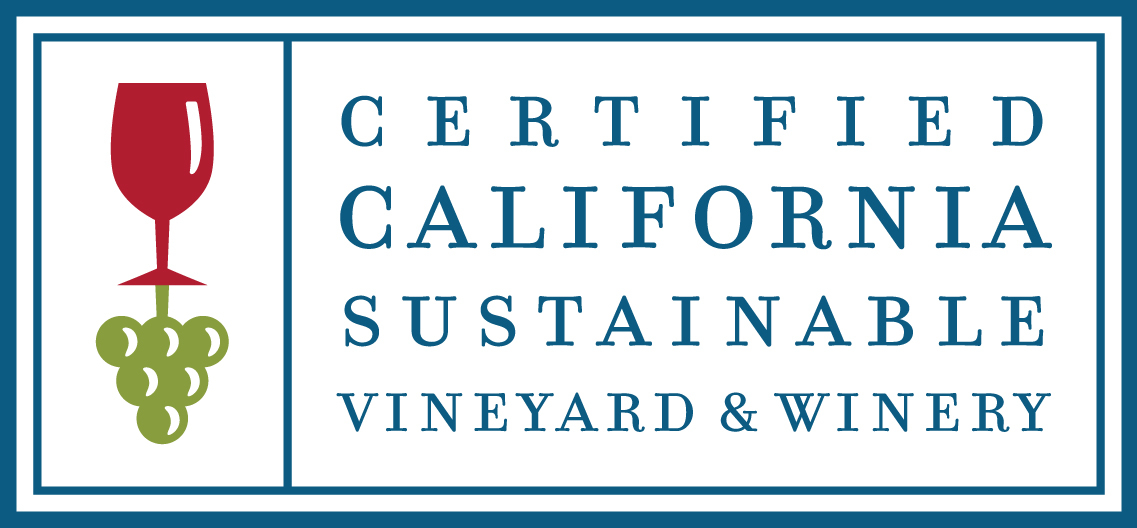
Far Niente, Nickel & Nickel, and Bella Union are honored to be Certified California Sustainable Wineries. Introduced in 2010 by the California Sustainable Winegrowing Alliance (CSWA), this is a statewide certification program that provides third-party verification that a winery and/or vineyard adopts and implements stringent sustainable winegrowing requirements based on the industry’s code of best practices and commits to continuous improvement in those areas.
Far Niente and Nickel & Nickel Wineries are proud to have achieved Napa Green Winery certification. Napa Green is one of only four sustainable winegrowing programs nationwide offering the opportunity for comprehensive soil-to-bottle certification. Napa Green wineries implement more than 100 sustainability and stewardship standards.
